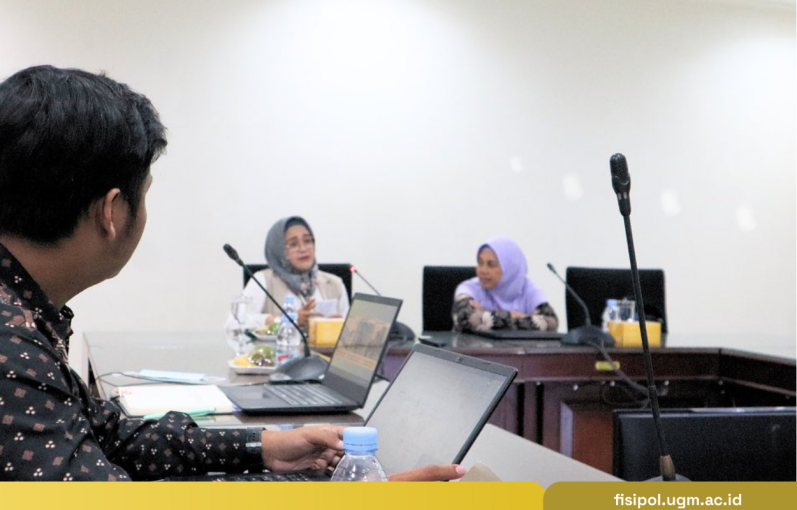
Yogyakarta, July 10, 2025─In a significant step toward experiential learning, Master of Public Policy (MKP) students at Gadjah Mada University (UGM) conducted a field visit to the Regional Development Planning Agency (Bapperida) of the Special Region of Yogyakarta (DIY). This visit was conducted as part of a field study on Regional Autonomy.
The event began with a presentation by Ni Made Dwipanti Indrayanti, Head of Bapperida DIY, who outlined strategic issues related to budget management and asset governance in regional development planning. Students listened attentively to the presentation, noting key points relevant to the implementation of regional autonomy and the complexities involved in local governance.
The visit aimed to provide students with a deeper understanding of the practical aspects of development planning, budget management, and asset governance within the framework of regional autonomy. This experience not only strengthened theoretical knowledge but also broadened students’ perspectives on the challenges and innovations in local governance.
Following the presentations, a lively discussion session ensued, during which students engaged in dialogue on issues such as fiscal inequality, asset management, and the importance of public participation in development planning. This interaction provided a platform for students to express their thoughts and ask questions, thereby fostering a collaborative learning environment.
This dialogue highlighted the crucial role of education in developing countries, emphasizing how informed citizens can contribute to better governance and sustainable development. By understanding the intricacies of local governance, students are better equipped to participate in their communities and advocate for effective policies.
Overall, the dialogue between the Master of Public Policy at Gadjah Mada University (UGM) and the Yogyakarta Regional Development Planning Agency (Bapperida) was a vital educational experience, reinforcing the importance of practical learning in the context of regional autonomy. This collaboration also emphasized the need for ongoing cooperation and development assistance to empower local governments in their efforts to achieve sustainable development.
